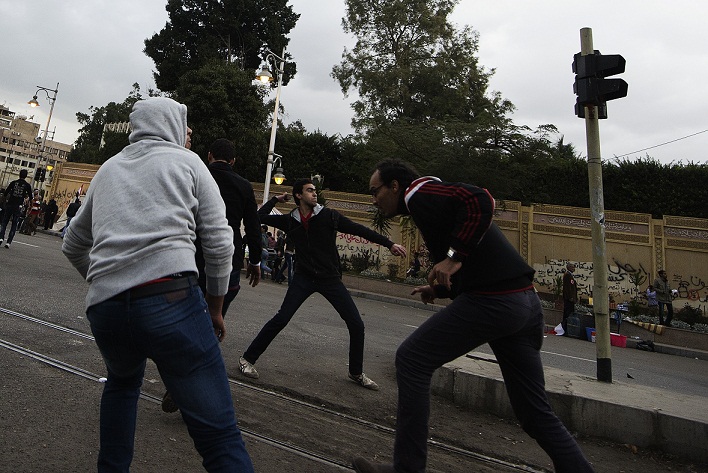CAIRO: Egyptian policymakers, regional government officials and leading energy producers are participating today in a roundtable in Cairo to discuss ways to stimulate investment in energy infrastructure.
With the aim to contribute to the policy debate in key areas of energy prices and investment, the two-day event will provide relevant examples of international best practices in energy policy and raise awareness of the importance of energy to economic development in the region.
One of those examples that will be highlighted is the Abu Dhabi-based green energy firm Masdar, which is building the Middle East s largest solar power plant for its carbon-neutral Masdar City.
While it would seem an unlikely place for a green revolution, being one of the highest per capita carbon footprints in the world, the UAE is making some surprising moves into renewable energy.
As one of the region’s richest oil-producing nations, the United Arab Emirates has enough reserves of crude and natural gas to last a century – at least.
Yet, the country’s leaders, having built their wealth on oil, realize that it is a finite resource that will eventually need to be replaced with new forms of energy.
“Oil will perish; and as we look at the future, we see that renewable energy is the future, Masdar’s Chief Executive Officer Sultan Al Jaber said.
“Abu Dhabi is a major producer of oil and gas.still it believes renewable energy presents a substantial opportunity to ensure Abu Dhabi will always be one of the world’s major energy players, he added.
The $22 billion Masdar City will be home to 50,000 inhabitants and 1,500 businesses. The company has already poured billions of petro-dollars into green energy, including investments in a German photovoltaic company and a wind farm off the coast of England.
Masdar was set up by the Abu Dhabi government to develop sustainable and clean energy. It is 100 percent owned by the Abu Dhabi government through the Mubadala Development Company.
“The world has reached a tipping point in the acceptance of renewable energy.and Masdar will continue to be at the forefront of renewable energy, Al Jaber said. “Investing in renewable energy will help diversify a country’s economy, create new job opportunities, and enhance human resource development.
In a battle against global warming, governments worldwide are creating incentives for energy production from low-carbon sources and penalizing greenhouse gas emissions from burning fossil fuels.
US President Barack Obama pushed on Monday for more investment in solar and wind energy. The roughly $800 billion stimulus package pending in Congress includes billions of dollars in tax breaks and other financial incentives to boost the use of renewable energy.
Obama also pledged to double US renewable energy production within the next three years. Meanwhile, Britain is trying to get 15 percent of its energy from renewable sources by 2020 compared to about 2 percent now, under European Union targets.
Besides its relatively limited investments in renewable energy, Egypt is engaging in the latest thinking on designing effective energy policies and practical examples of how countries in the region are implementing energy reforms.
As for the Emirates, the government announced last month it planned to generate 7 percent of its energy needs from renewable sources by 2020.
The initiative will create a renewable energy market worth $6 billion to $8 billion in Abu Dhabi. Most of the energy will come from solar power.
Abu Dhabi is an oil-exporting country, and we want to become an energy exporting country, and to do that we need to excel at the newer forms of energy, said Khaled Awad, director of property development in Masdar City.
As the name Masdar suggests – which translates to source in Arabic – the green city rising from the desert on the outskirts of Abu Dhabi aspires to become a world hub for clean energy.
The futuristic zero-carbon city and research park is affiliated with the Massachusetts Institute of Technology (MIT). Masdar City is designed by Norman Foster, the British eco-architect, and will include a satellite campus of the MIT, as well as a research park with laboratories affiliated with Imperial College London and the Tokyo Institute of Research and Technology.
Inside Masdar City, a $50 million solar plant will begin producing power in 2009 and will supply any excess energy to the Abu Dhabi power grid. The plant is expected to reduce emissions of 15,000 tons of carbon dioxide annually.
The city will have no cars, and people will move around using driverless electric vehicles that move on a subterranean level, Awad pointed out. The air conditioning will be solar powered.
He added that the Emirate government would finance 20 percent of the city’s total budget worth $22 billion, while companies operating inside the city will cover the remaining 80 percent.
Out of the $22 billion, Masdar City has so far poured in investments amounting to some $700 million.

